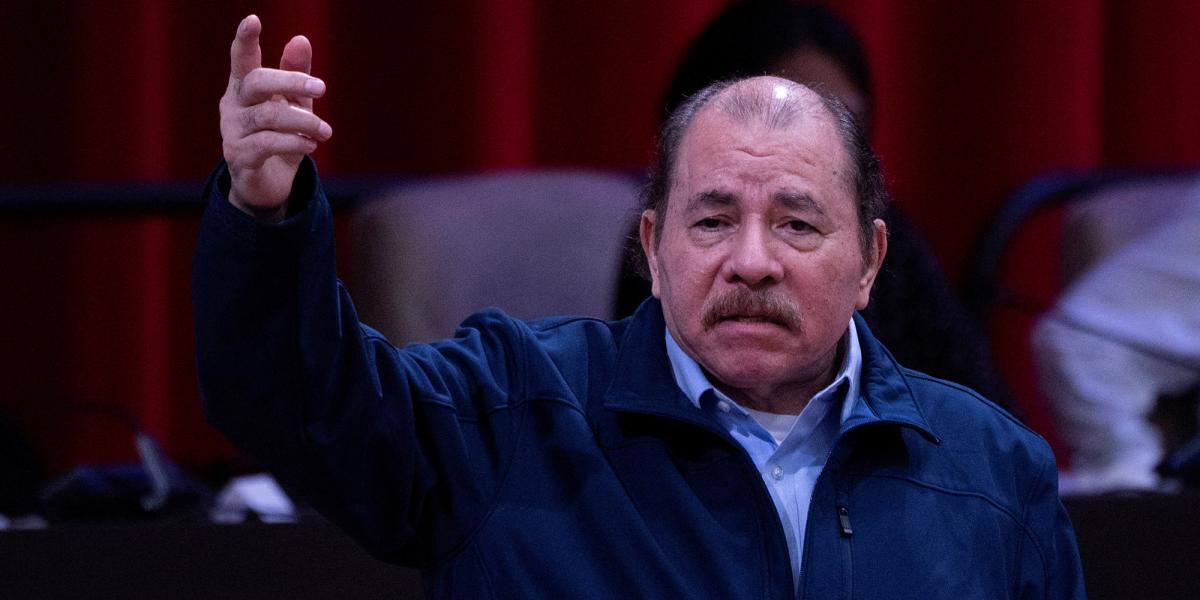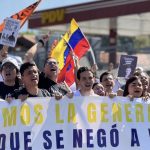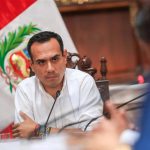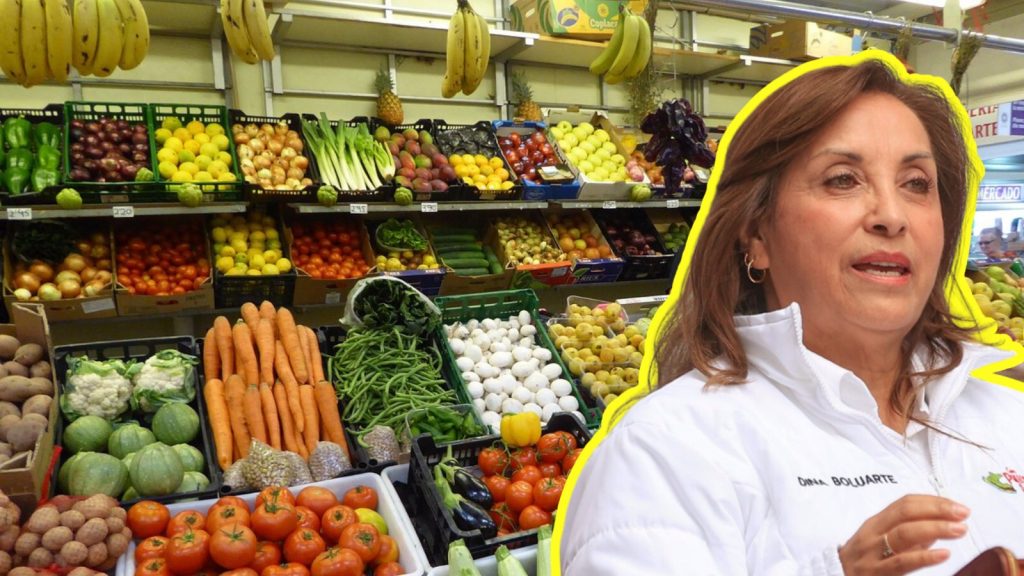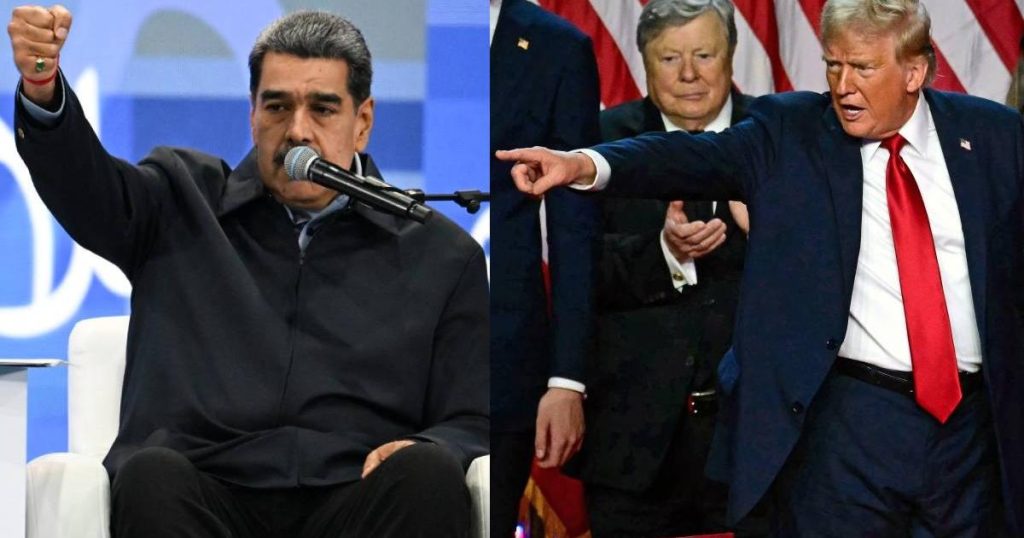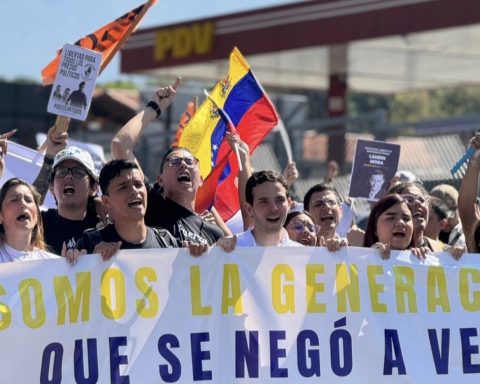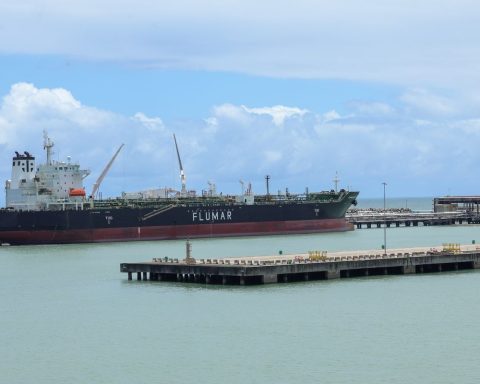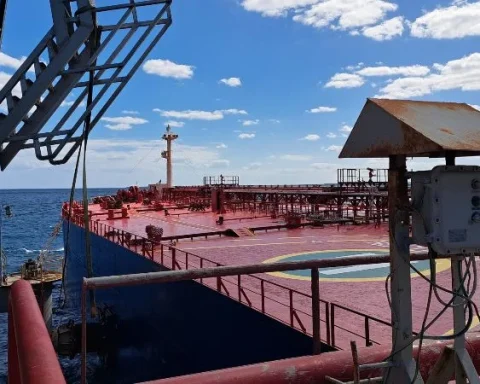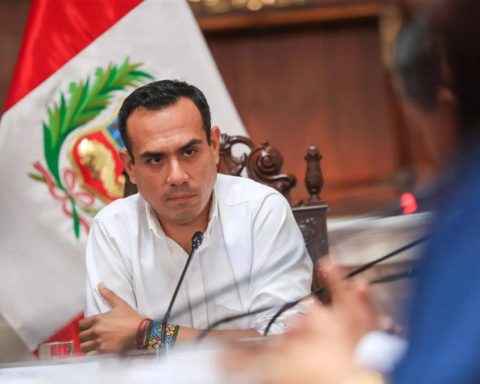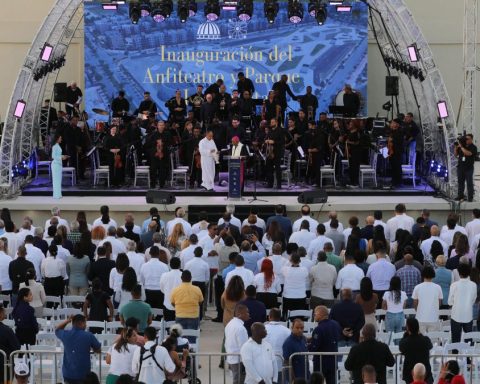The Nicaraguan Parliament approved this Monday a law that annuls the foreign sanctions issued against the vice president and wife of President Daniel OrtegaRosario Murillo, several of her children and about 50 high-level State officials.
The legislation, although it cannot stop the impact of sanctions outside the country, intends to annul its reach within Nicaragua forcing local banks and other institutions to ignore them.
The call “Law for the Protection of Nicaraguans from External Sanctions and Aggressions”which threatens with fines and closure to the entities that apply them in the country and even with prison for those who comply with them, was unanimously approved by the 91 deputies, all from the ruling Sandinista Front and allies, after Ortega sent the project to the Parliament last week.
Critical analysts of the Sandinista government They have warned that the law will complicate the situation of the Nicaraguan financial system, since banks would have to disregard international sanctions and reactivate the bank accounts and financial transactions of those affected.
The norm declares “null and void” in Nicaragua the sanctions imposed by States, groups of States, governments or foreign organizations that, according to the Nicaraguan authorities, violate international law.
Among those sanctioned are Murillo, several of his children and high-level officials of the Nicaraguan State.
Likewise, the law warns that no entity or person may suspend the provision of goods and services to individuals or companies if the reason for this penalty is international sanctions.
Those who fail to comply with the new regulations will face fines and the temporary or permanent suspension of their operations, in addition to “the corresponding criminal responsibilities for the crime of treason,” punishable by prison.
The United States, the European Union, Switzerland and Canada have sanctioned some 50 state officials, including Murillo, chiefs of the Police and the Army, accused of committing serious human rights violations during the April 2018 protests that left more of 300 dead, according to humanitarian organizations.
In addition to officials, there are twenty companies linked to the Nicaraguan government that have been sanctioned.
The “Protection Law” will come into force upon its publication in the official gazette, which is expected to be in the coming days.
The new regulations on sanctions come after the Nicaraguan Parliament approved on Friday a constitutional reform that subjects the powers of the State to the Executive, increases control over the media, extends the presidential term to six years and creates the positions of co-president and co-president, among other controversial measures.
